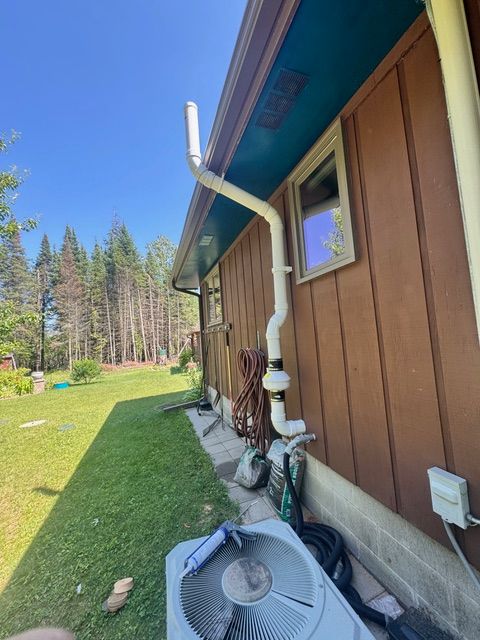What to Expect from Radon Testing in Virginia
Radon testing in Virginia involves professional placement of testing devices in your home's lowest livable area to measure radon gas levels over a specific period, typically 2-7 days depending on the testing method used.
How Does the Testing Process Work?
Professional radon testing begins with a qualified technician placing testing devices in the proper locations within your home. These devices are typically placed in basements or ground floor rooms, away from doors, windows, and heating vents that could affect the readings.
During the testing period, you'll need to maintain closed-house conditions, which means keeping windows and exterior doors closed except for normal entry and exit. Your radon professional will explain these requirements and provide specific instructions for your situation.
What Do Your Test Results Mean?
Test results are measured in picocuries per liter (pCi/L). The EPA action level is 4.0 pCi/L, meaning levels at or above this require mitigation. However, even levels between 2.0 and 4.0 pCi/L pose some health risk, and the EPA suggests considering mitigation for these levels as well.
Your radon professional should explain your results clearly and discuss your options. If mitigation is recommended, they can explain what type of system would work best for your home and provide information about the installation process.
How Long Does Testing Take and When Do You Get Results?
Short-term testing typically takes 2-7 days, while long-term testing can take 3-12 months. Most initial testing uses short-term methods to get quick results. If levels are borderline or you want more comprehensive data, your professional might recommend additional testing.
Results from short-term testing are usually available within a few days after the testing period ends. Your radon professional should provide a written report explaining the results and any recommendations for next steps.
Why Virginia's Iron Range Location Affects Testing
Virginia sits in Minnesota's Iron Range, an area known for higher potential radon levels due to geological factors and past mining activities. The region's soil composition and underground features can contribute to radon gas formation and movement into homes.
This geological background means that radon testing is particularly important for Virginia homeowners. Even newer homes or those with different foundation types can have elevated radon levels due to the area's natural conditions.
For professional radon testing in Virginia that follows EPA protocols, contact Radon North's certified testing services. If mitigation is needed, our expert installation team can design an effective system for your specific home.
Protect your family's health with professional radon testing in Virginia. As an experienced radon professional serving the Iron Range area, Radon North understands local conditions and provides thorough testing with clear explanations. Call (218) 969-5543 to schedule your radon test and get the information you need to make informed decisions about your home's safety.
